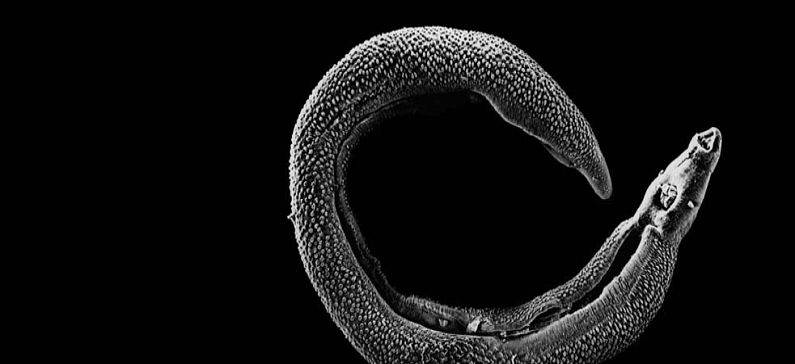
Specialising in infectious diseases
Effrossyni Gkrania-Klotsas is a Consultant in Infectious Diseases with an interest in Primary and Secondary immunodeficiencies and transplantation at Cambridge University Hospitals in Cambridge, UK.
She is a board certified practitioner of infectious diseases and internal medicine by the American Board of Internal Medicine (ABIM), a Fellow of the Royal College of Physicians (FRCP), a Fellow of St Edmund’s college and an associate lecturer of the University of Cambridge. Her research interests are infectious diseases epidemiology, epidemiology of hospital infections and travel medicine epidemiology.
Dr Effrossyni Gkrania-Klotsas was qualified in medicine from Athens, Greece and trained in Internal Medicine and Infectious Diseases in Philadelphia and Chicago, USA. She completed her Master’s in Epidemiology in Chicago, USA. She was appointed as a Consultant in Infectious Diseases in September 2005 at Addenbrooke’s NHS Foundation Trust, Cambridge, and Clinical Director in October 2009. She has conducted a PhD on the associations of chronic viral infections and cardiovascular disease, diabetes and mortality. She has additionally completed postgraduate studies in Public health as well as Medical Education and Medical Genomics.
Several years ago, the team of Addenbrookes Hospital in Cambridge unraveled the genetic code of a rare tapeworm that lived inside a patient’s brain for at least four years. They examined a British man of Chinese descent for his headaches. He had recently traveled to China and after returning to the United Kingdom, he began to experience symptoms including headaches, which caused doctors at Addenbrookes Hospital, in Cambridge, to treat him for tuberculosis, but when he returned, “he had new symptoms,” according to Dr. Effrossyni Gkrania-Klotsas, as a tapeworm inside of his brain was pushing on a new part of his brain which caused a weakness in his legs and seizures. The condition associated with his infection was in fact Sparganosis. There is no known drug to effectively treat the infection meaning that upon diagnosis doctors had to be quick to remove the worm surgically.
He was thought to have accidentally consumed water whilst swimming in a lake in China which was infected with the parasite, according to Gkrania-Klotsas.
“It had moved from one side of the brain to the other … very few things move in the brain,” says Dr. Effrossyni Gkrania-Klotsas.
The team was given small samples of the worm, extracted from the infected patient, and their sequencing identified an exceptionally large genome and, importantly, genes which could help recognize resistance to drugs as well as act as future drug targets.
She has authored and co-authored numerous papers in international peer-reviewed journals and has delivered invited lectures in international forums and symposia and universities in America, Europe and Asia.










